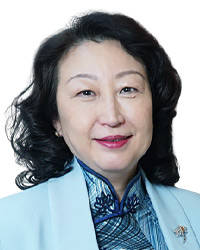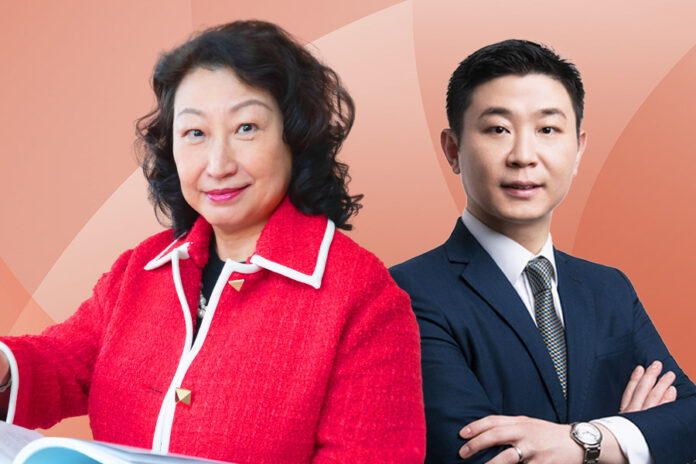With a more flexible fee structure introduced in Hong Kong, Teresa Cheng, senior counsel, mediator and co-chairman at the Asian Academy of International Law, and Edward Liu, Hong Kong-based partner at Haiwen & Partners, expect bountiful benefits for arbitration parties, legal representatives and third-party funders
Arbitration has long been the most preferred form of dispute resolution for commercial and investment disputes, but the complexity of arbitration has increased with the diverse and comprehensive transactions that take place across many jurisdictions and often involve multinational corporations.
Length and cost of arbitration have therefore become a concern for many parties. Clients have to be proactive in managing their arbitrations, like a project in its own right. One crucial aspect is the overall cost of the arbitration, but the cash flow needed to fund it during the proceedings cannot be ignored either.
The Hong Kong Arbitration Ordinance has had provisions in place for years for the arbitrator to cap the recoverable costs so that both parties and their lawyers can be vigilant in conducting the case expeditiously and efficiently, with the interest of reducing costs in mind. Yet experience has shown that few, if any, are prepared to invoke this power, as it is a double-edged sword.
THIRD-PARTY FUNDING

Third-party funding (TPF) in the meantime has become a phenomenon that is much used in investment arbitration by reason of the need when, for instance, the investor’s assets are locked in with the host state for a variety of reasons yet to be adjudicated. The benefits of TPF in facilitating access to justice and in managing an arbitration has become more apparent, prompting its wider use in commercial arbitration.
In common law jurisdictions like Hong Kong, legislation had to be introduced permitting TPF in arbitration. This was done and the regime was in place by 2019. Its scope covers arbitration in Hong Kong and, for arbitration not seated in Hong Kong, costs incurred in Hong Kong in relation to the arbitration.
Notwithstanding the “self-regulatory” nature of the TPF mechanism, safeguards are embedded in the system to ensure sufficient protection for both the funded party and stakeholders in the arbitration. For instance, if a funding agreement is made, the funded party must give written notice of the fact that a funding agreement has been made, and the name of the third-party funder. Equally, notice has to be given on the termination of the funding agreement and the date when the funding agreement ends.
You must be a
subscribersubscribersubscribersubscriber
to read this content, please
subscribesubscribesubscribesubscribe
today.
For group subscribers, please click here to access.
Interested in group subscription? Please contact us.





























